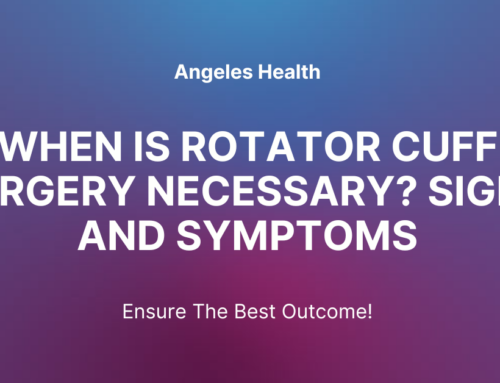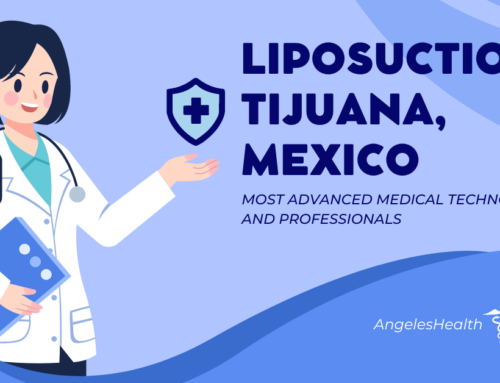A new study reported last week in the Proceedings of the National Academy of Sciences seems to suggest that our bodies have an addictive response to fatty foods that keep us craving more.
It is part of a growing body of research suggests that some foods are capable of setting off powerful chemical reactions in both our bodies and brains.
The findings of this and other recent obesity-related studies clearly indicate that ‘calories in, calories out’ is not the whole story. The compulsion to eat the types of high fat foods behind our national weight gain may stem from biological systems over which the individual has no control.
“Some people are more responsive to food, ~ Columbia University Institute of Human Nutrition research associate.
The question is, are they born that way, or ‘self-created’ that way as a result of biological responses to a lifetime of overeating?
In the research, rats were fed diets high in sugar, fat or protein; the digestive systems of the rats receiving the fatty diet began producing chemicals similar to those produced by marijuana use – called endocannabinoids. Endocannabinoids were not released when the rats ate the sugar or protein diets.
Study author Dr. Danielle Pionelli called the findings no less than ‘a window on how we relate to fatty foods.’
According to Dr. Piomelli humans have evolved to recognize and consume fat; in fact, our guts are actually programmed to release a signal to consume more fat whenever we encounter it.
In the rat studies, the fat-eating rats lost interest in the fatty food once they were injected (in the intestines) with a cannabinoid-blocking drug.
Although a pill that eliminates the craving for fat is still years away, these findings offer consumers useful practical advice about the powerful biological forces they are unleashing when they indulge in fatty junk foods.
Overeating: Is Your Brain to Blame?
“We eat it … not just because we like, but because we want it, ~Dr. David Kessler, former head of the F.D.A, author of “The End of Overeating”
Other studies have demonstrated the link between the food we eat and the brain’s reward centers is so powerful, the food itself needn’t be present. For example, the brains of obese women shown pictures of high-calorie foods show greater reward-anticipation activity compared to the brains of normal-weight women.
The obese women’s reward centers were activated just by saying the words “chocolate brownie” – they didn’t need to eat or even see the actual brownie for the involuntary response to kick in.
Dr. Kessler notes that consumers need to be aware that the body’s natural signals are often overwhelmed by the abundance of choices and messages about food, so they must be extra vigilant about healthful eating.
“The pull (to eat fatty foods) is very strong, and there is a biological reason why food has such power over us, says Dr. Kessler, noting “it’s not just a question of being lazy or lack of willpower.”
Related Stories:






